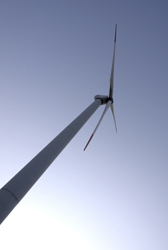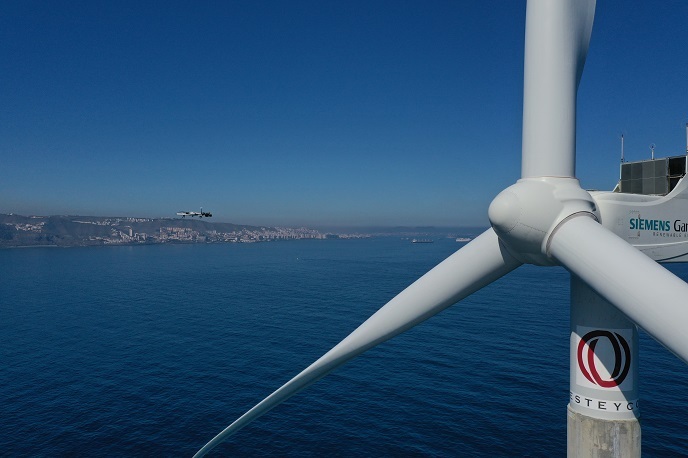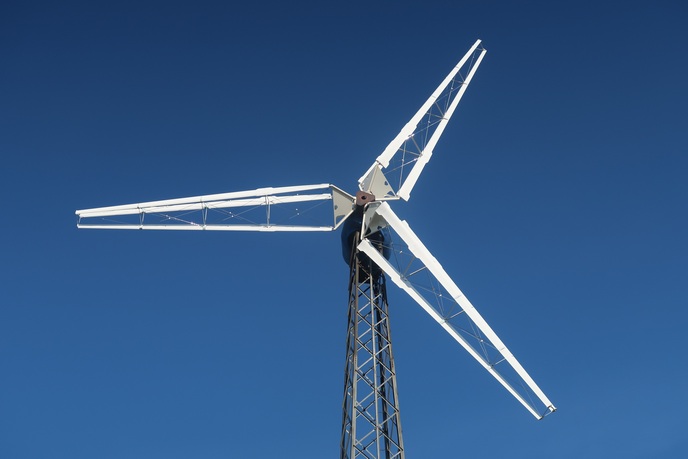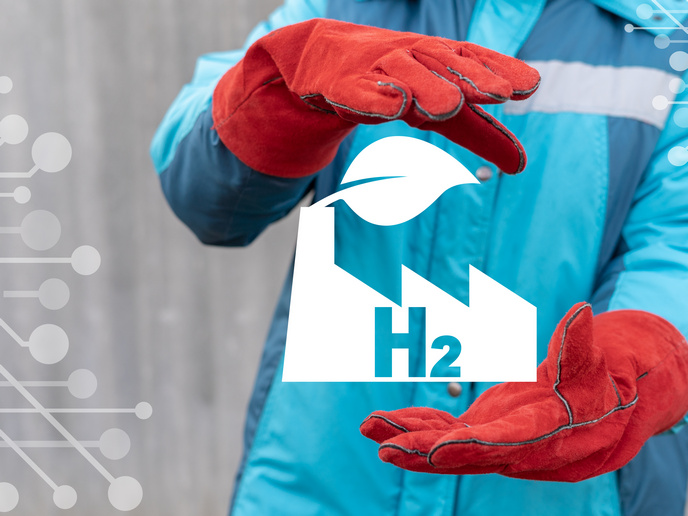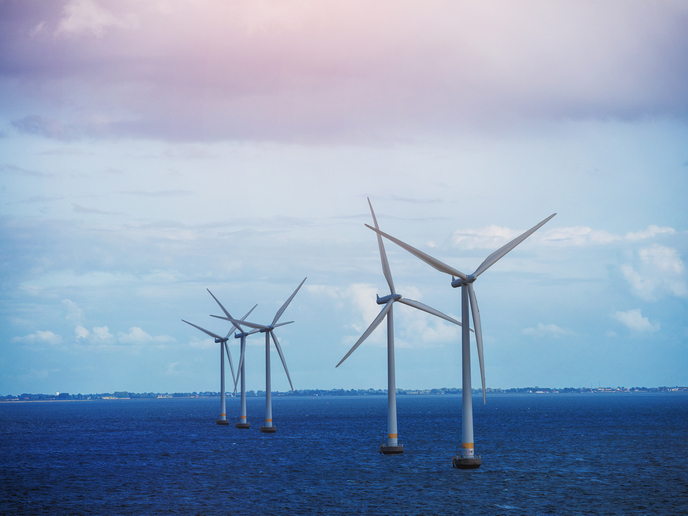Developing more reliable wind turbines
Manufacturers of wind turbines are focusing on improving reliability in order to reduce operation and maintenance costs. To achieve this, new designs are being developed that require fewer regular service visits and less time lost through non-operation. The EU-funded INTELWIND initiative aimed to significantly reduce the number of failures in critical rotating components of industrial-scale wind turbines. It further sought to reduce the need for corrective maintenance by developing and implementing an intelligent monitoring system. This condition monitoring system (CMS) is based on the integration of acoustic emissions, vibrations, torque sensing and oil data from sensors. Sensors already included in wind turbine logging systems provided the reference parameters needed for data analysis, such as wind speed and direction and power output. INTELWIND developed algorithms and embedded them into the CMS to provide data allowing for estimations of the wear on bearings as well as other factors. The data are compared with a series of 'healthy' key performance indices. If a value outside the acceptance range is identified, an alarm is triggered. This provides the capacity for automated monitoring and early intervention. The CMS represents a major step forward in monitoring the condition of wind turbines. It not only identifies faults in critical rotating components, it enables the continuous measure and recording of the load on components making up the drive train. This is achieved by a surface acoustic wave sensor for measuring torque in the high-speed shaft in combination with the developed software. Together with software for estimating the remaining life of components, these developments represent a new era in preventative maintenance for wind turbines. INTELWIND's intelligent system can be incorporated into both newly manufactured turbines and older installations. It will lead to significant savings related to expensive replacement equipment such as gear boxes, as well as savings on maintenance costs.
Keywords
Wind turbine, condition monitoring system, operation and maintenance, critical rotating components



